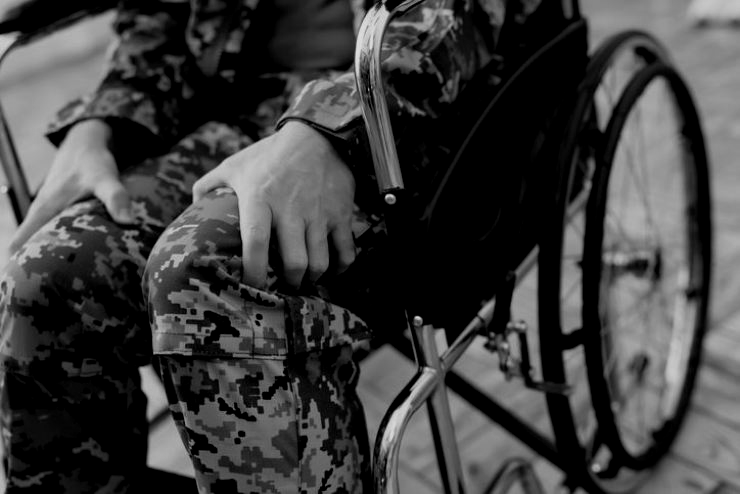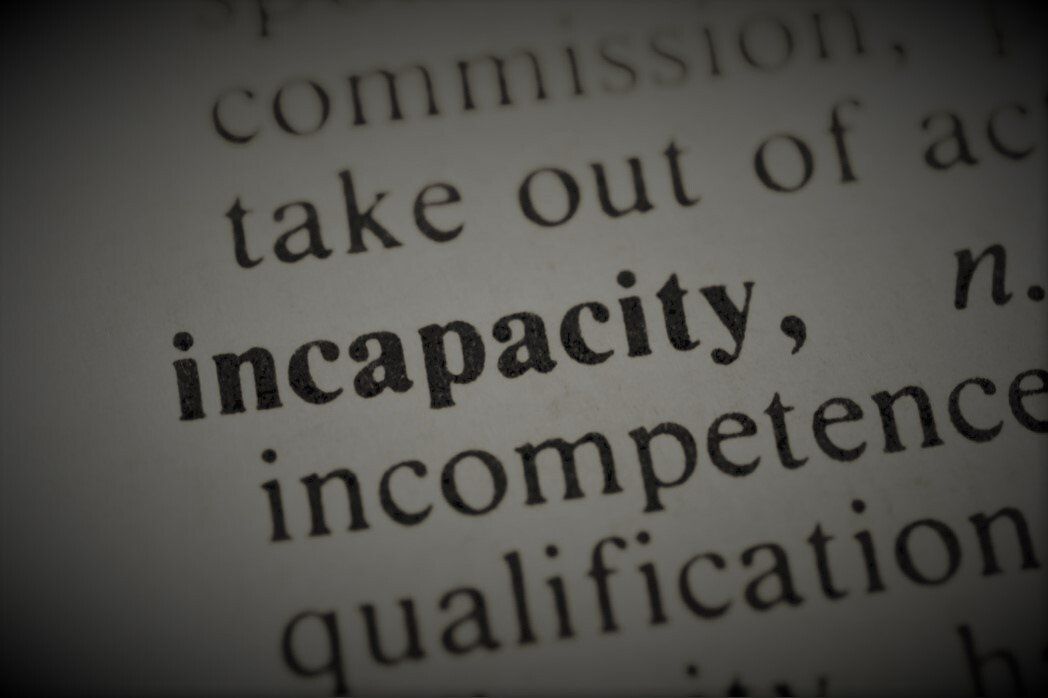Veteran Wealth was founded after identifying a clear shortfall in the advice given to current and ex-servicemen and women across wealth creation, asset protection, DVA Permanent Impairment compensation, Special Rate Disability Pension, and most importantly protecting your family's future.
Veteran Wealth is owned and operated by
veterans, for veterans.
Our focus is on educating military families on building and protecting their empire.
Corey Stamp
Principal and Financial Adviser, Corey Stamp, provides tailored financial advice and mortgage broking suited to you and your circumstances.
Corey held the rank of Sergeant and had a successful career within the Australian Defence Force - Army as an Explosive Ordnance Disposal (EOD) Technician.
This career imprinted a higher level of attention to detail, discipline, and a personal protection approach to his work that puts him a mark above the average adviser and a stand-out choice for military personnel looking to secure their financial future.
Corey Stamp JP (Qual)
Financial Adviser (AR 1255606)
Mortgage Broker (CRN 538160)
Corey Stamp Financial Services Guide
Stamp Financial PTY LTD t/a Veteran Wealth is a Corporate Authorised Representative (CAR - 1262674) of Australian Mortgage & Financial Advisers Pty Ltd AFS License No 389206 | ABN 26 088 464 939
Credit Representative of Australian Mortgage & Financial Advisers Pty Ltd ACL No 389206 | ABN 26 088 464 939
Whether you want to increase your assets and income, or simply preserve and protect them, Corey and the team at Veteran Wealth can help.
As a Financial Planner and Advocate, Corey understands the importance of providing his clients with holistic financial advice.
Before providing advice, he will firstly gather a solid understanding of your current situation, listen to and understand what your future financial goals are, and then develop a personalised financial strategy to help you achieve them.
He will ensure you understand exactly what is being recommended and explain its purpose in a clear and easy-to-understand way. All financial strategies and portfolio decisions will be tailored and will ensure that the advice and plan remain appropriate and relevant as your circumstances and situation change.
Corey enjoys helping clients create wealth and move into the retirement phase in the best financial position possible. He also enjoys giving clients the peace of mind that their assets are working best for them, that they have strategies in place to maximise any potential entitlements, and that their fees and costs are minimised.
Areas of expertise:
- Permanent Impairment Advice
- Special Rate Disability Pension Advice
- Financial Advice
- Personal Insurance Advice
- Mortgage Broking
- Advocacy
Corey offers a free consultation for potential new clients.




Team Wealth Pty Ltd t/a Veteran Wealth is authorised Representative of AMAFA │ AFS License No. 389206
Contact Info
1300 911 619
support@veteranwealth.com.au
13/62 Radley Street, Virginia, QLD 4014
P.O. Box 513 Sandgate, QLD 4017
Trading Hours
- Mon - Fri
- -
- Sat - Sun
- Closed
All Rights Reserved | Veteran Wealth


